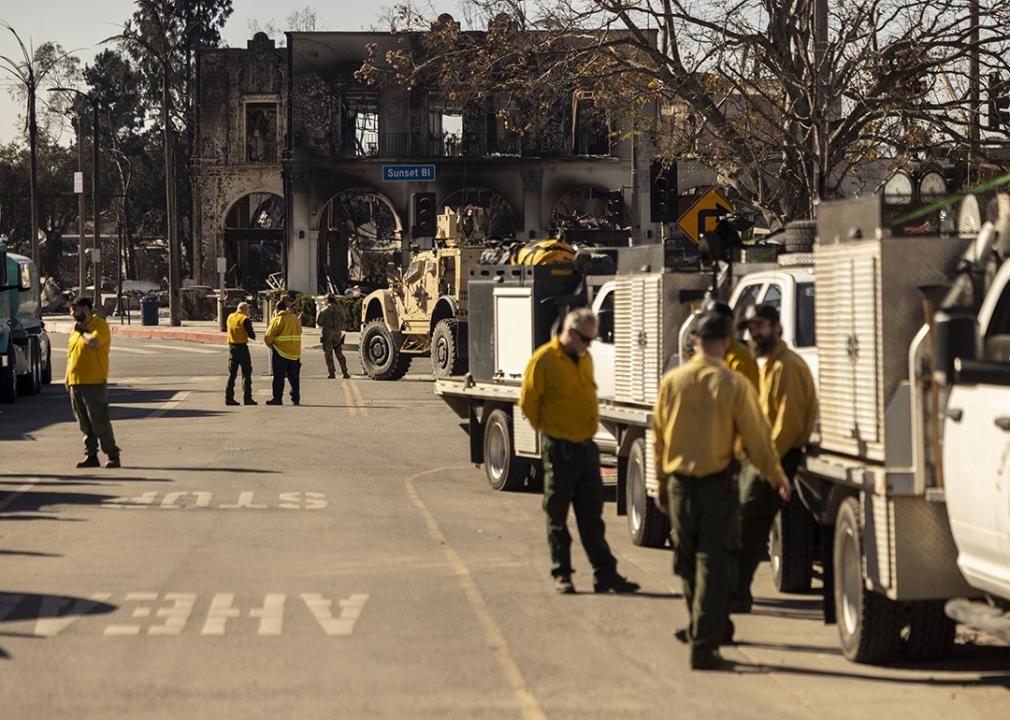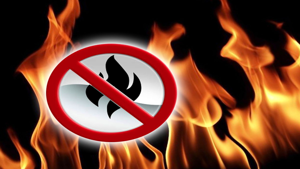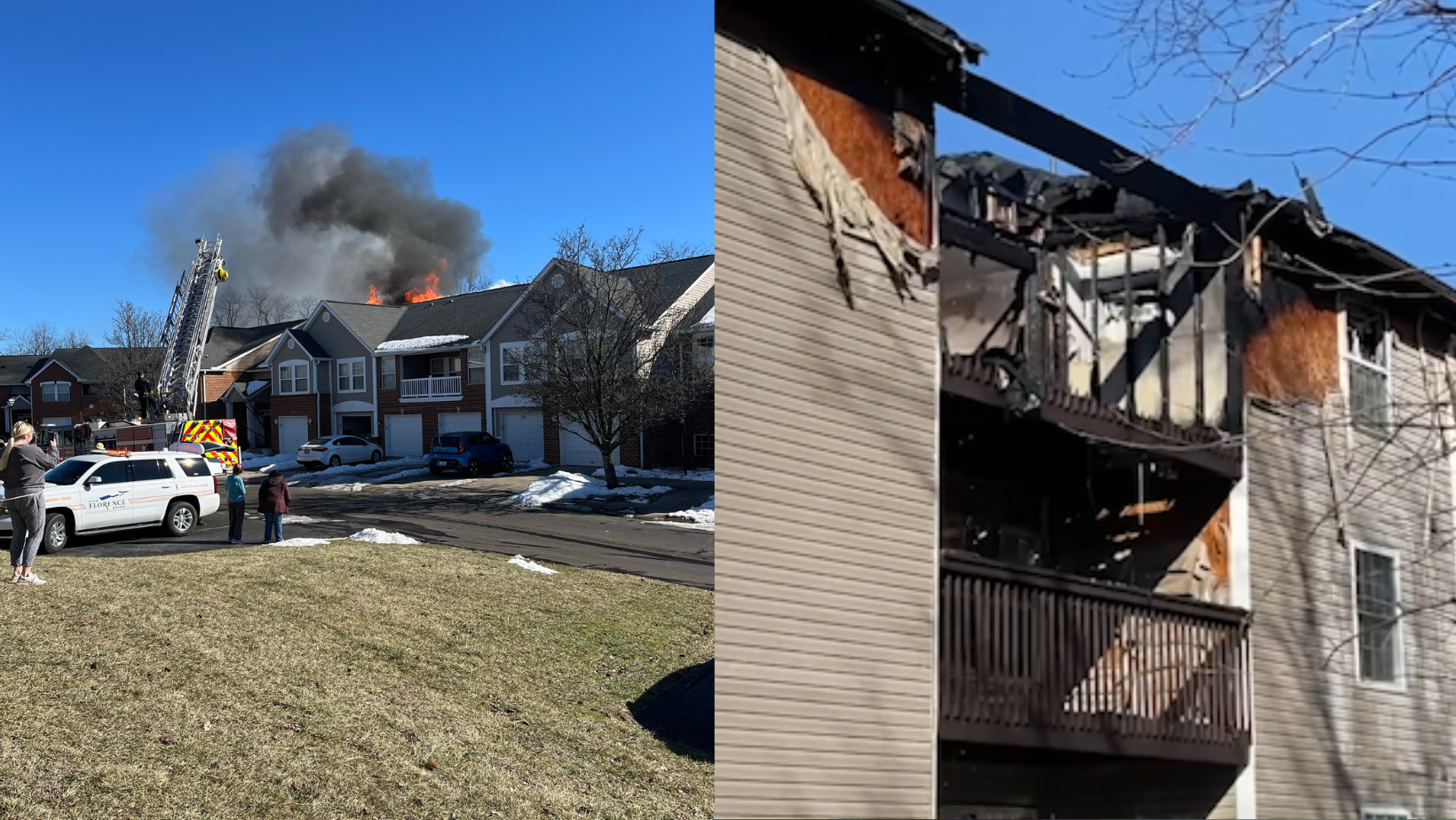MCCRACKEN COUNTY, Ky. ━ “The Constitution guarantees everyone the right to an attorney. It doesn’t say only innocent people get an attorney. It doesn’t say only guilty people get an attorney. Everyone has the right to an attorney,” said attorney Holly McNeil.

She’s a local public defender who shared how the national shortage in her field affects not just those accused of a crime, but their families, jobs, and the court system.
There is a growing demand for public defenders, according to experts, and attorneys are leaving their positions due to burnout, low wages, and overwhelming student debt. This problem is particularly prevalent in rural areas.
The result is a lack of time and resources to provide high-quality representation.
The Justice Department estimates that about 60% to 90% of criminal defendants cannot afford their own attorneys — and nearly 90% of all federal defendants, according to the Administrative Office of the U.S. Courts.
The Department of Public Advocacy in Paducah handles six counties in western Kentucky, and this is the first time in three and a half years the department is fully staffed.
“When we are fully staffed, we work at our best, and we are able to give our clients more and more, and ensure that people are not being convicted of crimes they didn’t commit, and that even if someone is guilty, that they are receiving all of their constitutional rights in a fair process,” McNeil said.
She said she had a mentor in college who inspired her to go the public defender route.
“He knew all of his clients by name. Was able to completely argue everything he needed to argue that day. And I remember thinking, ‘That is the true definition of a superhero, and that is what I want to be,'” she said.

Directing Attorney Holly McNeil at the Paducah Trial Office explains why the public defender shortage is not only affecting people accused of committing a crime, but but their families, jobs, and the entire court system.
In her six years as a public defender, she’s seen the effects of the national shortage. In November, her office finally became fully staffed.
But when it wasn’t, “I remember those days, those days being extremely chaotic. We had clients calling that needed to talk to their attorneys. We were struggling to meet our obligations to do that without working really late hours, working well into the evenings, working early mornings, working through lunches. It put a strain on the other attorneys that were in the office,” she said. “So that we could make sure that we were talking to all of our clients, staffing all of our courts, doing everything that needed to be done in our clients’ cases.”
She said the shortage hurts the people they help.
“It creates added stress for them and added stress for their families. If you have someone who’s sitting in jail waiting for a bond hearing, their family is missing them. They’re missing part of their income. They’re missing their father or their mother or their brother or their sister — it definitely puts a strain on the family as well,” she said.

In addition, shortages impact everyone involved in the court proceedings.
“If there is a shortage of public defenders at the time, it’s likely that that court proceeding is going to take significantly longer than if the public defender’s office was fully staffed. It not only impacts victims, but it impacts everybody in the justice system, from clerks, parole officers, police officers, and judges, because the longer that it takes a public defender to get acquainted with a case, the longer it takes for that case to resolve, and so it slows the entire process down,” she said.
McNeil emphasized that she’s proud of the results of the work her office performed despite the obstacles the shortage has posed. She said they routinely win jury trials. They do the extra work to make sure every person is represented with the best results, and they see acquittals come out of the office frequently.
McCracken County District Judge Jenny Hines also spoke about how the shortage has affected her courtrooms. She said because they share public defenders with six other counties, people on her traffic and DUI docket who need a public defender can only be scheduled on a Tuesday.
Hines said there are things clients can do to help their attorneys and make the process smoother for everyone.
“Call ahead. Try to figure out what they need to help you represent them the best. If they request documentation, give it to them in a form that’s easy for them to digest, because, as we said, you know, they’re strapped for resources. So we don’t need to send them, like, a shoebox full of papers that are disorganized,” Hines said.
#Public #defender #shortages #strain #rural #communities #courts #News












Leave a Reply